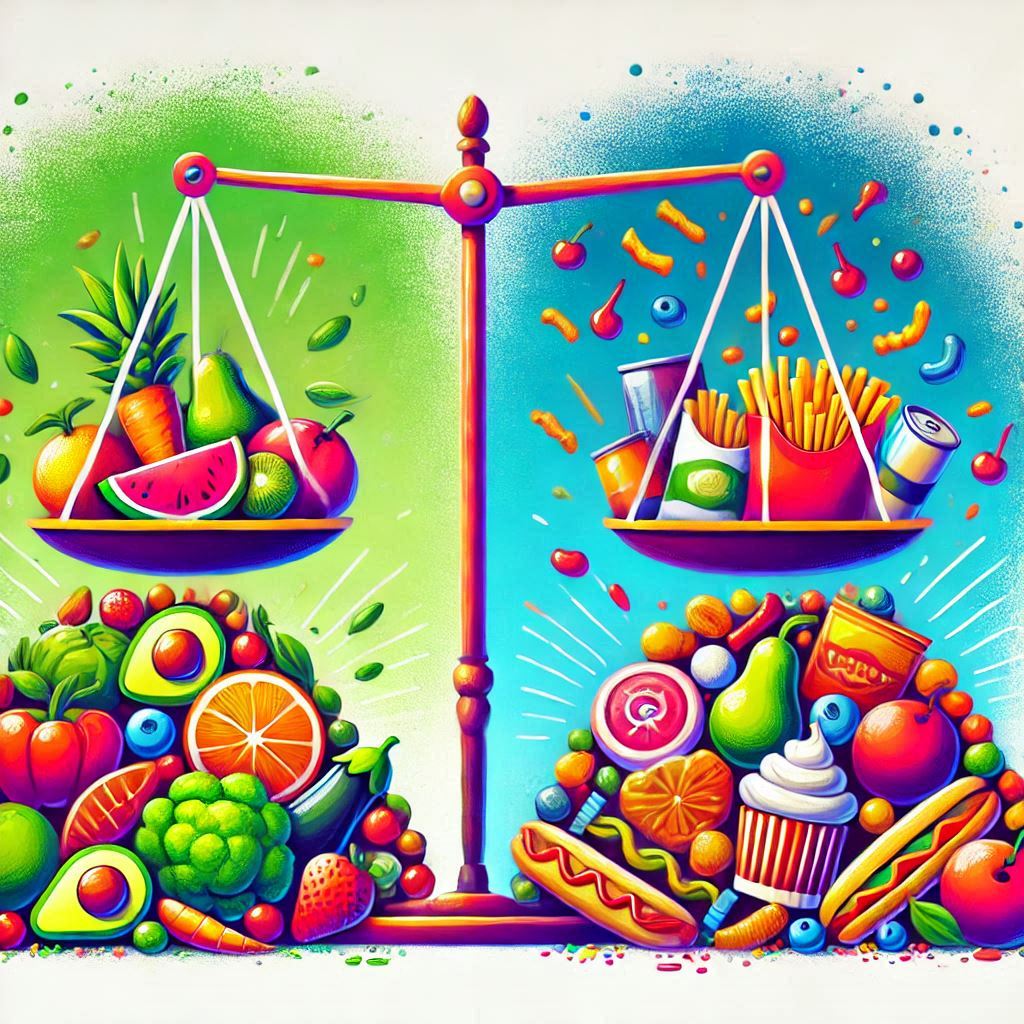Karma is one of the most fundamental truths of life—the law of cause and effect. What we give to the world comes back to us. If we do good, good comes back; if we act otherwise, we face the consequences. Rishis and Gurus have explained this beautifully over the ages.
Enlightened souls have taught us that there is no absolute good or bad in this world. For example, can we say mountains are good and oceans are bad? From the top of a mountain, everything below looks perfect, as my Gurudeva often affirmed.
Consider this simple analogy: when we plant an apple seed, we get an apple tree. When we plant a rose cutting, we grow roses. An apple tree cannot produce roses, and a rose plant won’t yield lemons. Nature’s law is straightforward: every seed knows how to create its unique outcome. My Gurudeva once asked a profound question: How does a tiny seed hold all the knowledge of a magnificent apple tree?
Another way to understand Karma is to think of it like cooking. The taste of a dish depends on the ingredients you use. If someone asks, “Is spice good or bad? Is sweetness good or bad?”—the answer is, It depends. It’s all about balance and context.
In today’s world, many follow the trend of doing yearly master health check-ups, much like investing in a Systematic Investment Plan (SIP). While health check-ups can be helpful, they also keep hospitals’ P&L accounts healthy!
The lipid profile reports often highlight “good cholesterol” and “bad cholesterol,” directly linked to our eating habits and lifestyle—another example of Karma.
For instance, some people can thrive on a simple plate of idli, while others need a buffet to feel full. The results depend on their digestive system, which operates on the principle of cause and effect. Similarly, if someone smokes or drinks alcohol, knowing these habits harm their health, what will happen? The answer is evident—Karma ensures that the effects of their actions manifest over time.
Summary:
Karma, like nature, reflects what we give to it—whether in health, habits, or life. Mindful actions lead to positive outcomes, just as the right seeds yield the best fruits.







